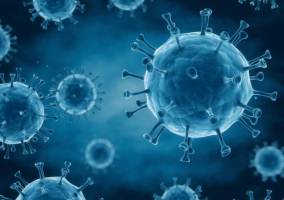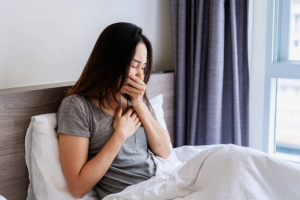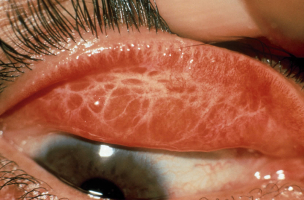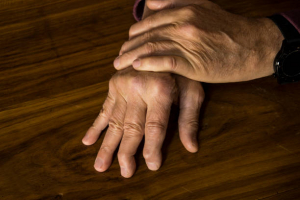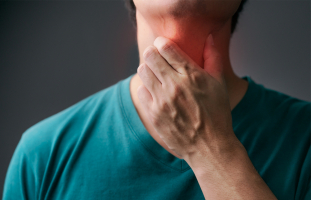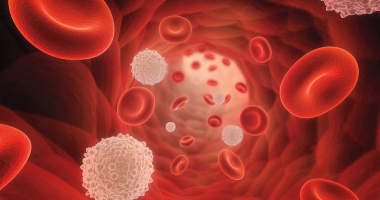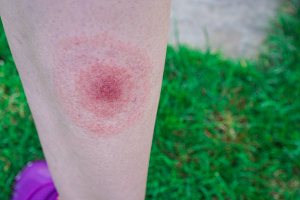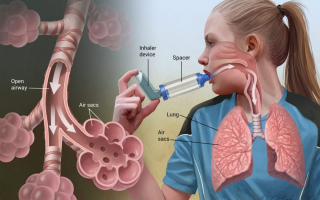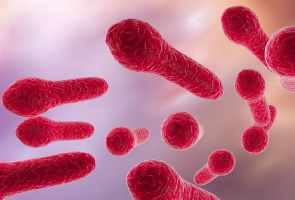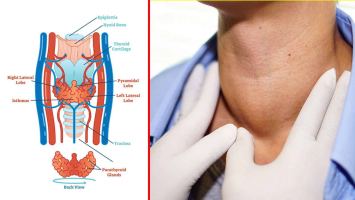Top 8 Symptoms of Malaria
Malaria is a serious tropical disease spread by mosquitoes. People who have malaria usually feel very sick with a fever and shaking chills. If this disease ... read more...isn't diagnosed and treated quickly, it can be fatal. It's important to be aware of the symptoms of malaria if you're traveling to countries where there's a high risk of the disease. As a result, this list is a must-read for people having plans to visit those countries.
-
The most characteristic symptom of malaria is fever. Some individuals may have the characteristic malaria paroxysm, which features periods of illness interspersed with symptom-free time, as the disease worsens. There are three sequential stages in the malaria paroxysm. The initial stage lasts for 15 to 60 minutes and is marked by shivering and a cold sensation. The next stage is the 2- to 6-hour hot stage, which is characterized by a fever that can occasionally exceed 41°C, flushed, dry skin, frequent headache, nausea, and vomiting. The patient sweats and the fever reduces quickly throughout the 2- to 4-hour period of sweating. The periodic febrile reaction is brought on by mature schizont rupture in all forms of malaria.
In P vivax and P ovale malaria, a brood of schizonts matures every 48 hours, resulting in tertian ("tertian malaria") and quartan ("quartan malaria") periodicities of fever. In P malariae illness, fever occurs every 72 hours. Falciparum malaria fever can happen every 48 hours, but it frequently comes and goes with no clear regularity. The absence of periodic, synchronized fevers does not rule out a diagnosis of malaria because these traditional fever patterns are typically not present early in the course of malaria.
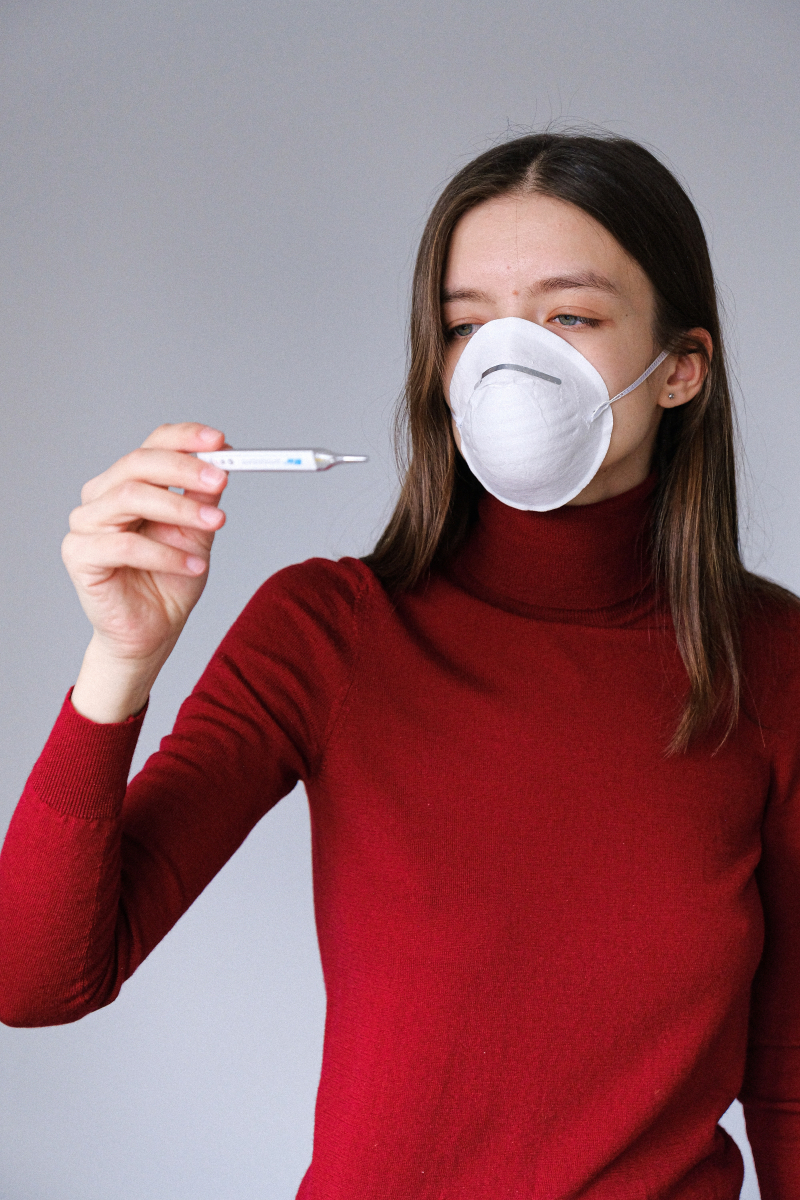
Photo by Anna Shvets via Pexels 
Photo by Polina Tankilevitch via Pexels -
Malaria is an important tropical mosquito-borne infectious disease. Whether cerebral type or not, headache is a major malarial symptom. The cytokine is thought to play a significant role in acute malaria headaches. Headaches can be brought on by some antimalarial medicines. Additionally, one of the signs of the post-malaria neurologic syndrome is a headache.
The most typical sort of headache is a tension headache. These headaches are what we would consider typical, everyday headaches. Both sides of the brain experience them as a continual aching as if a tight band is being stretched around it.
Normal tension headaches don't last long enough to keep you from going about your daily business. They can endure for several days but typically last for 30 minutes to several hours.
The majority of the time, pain relievers like ibuprofen and paracetamol can alleviate tension headaches. An adjustment in lifestyle, such as getting enough sleep, lowering stress levels, or drinking plenty of water, may also be helpful.

Photo by Lukas Bieri Lukas Bieri via Pixabay 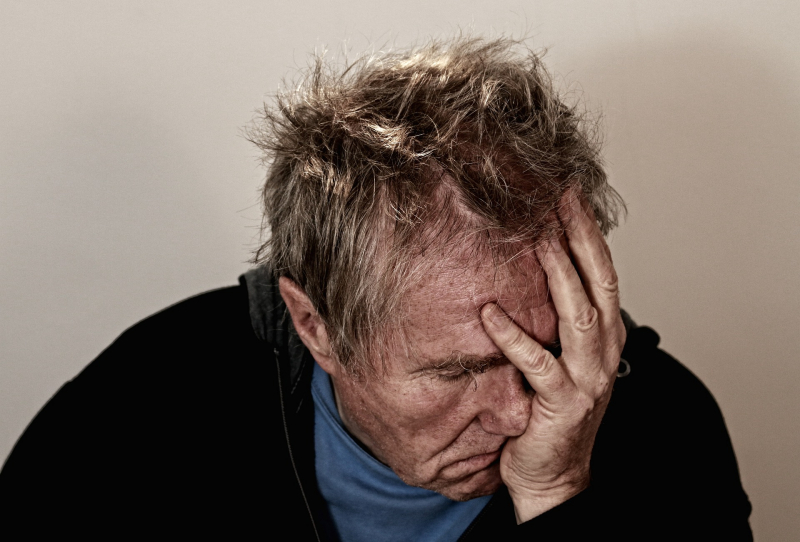
Photo by Gerd Altmann via Pixabay -
Malaria is a tropical disease spread by mosquitoes that can be fatal if it is not diagnosed quickly and treated effectively. When you are bitten by a mosquito, usually a female Anopheles mosquito, carrying one of the five forms of the parasite plasmodium, you become infected with malaria (a common strain is plasmodium falciparum). Depending on the type of parasite you have, the parasite enters your bloodstream and might multiply, leading to uncomfortable symptoms (and in some cases, death). Additionally, some strains can linger in your body for years and cause relapses.
Malaria "attacks" cycle for some people who have the disease. Shivering and chills typically precede a high fever, followed by sweating and a return to normal body temperature. After being bitten by an infected mosquito for a few weeks, malaria signs and symptoms usually appear. Some varieties of malaria parasites, nevertheless, can slumber in your bloodstream for up to a year.

Photo by cottonbro studio via Pexels 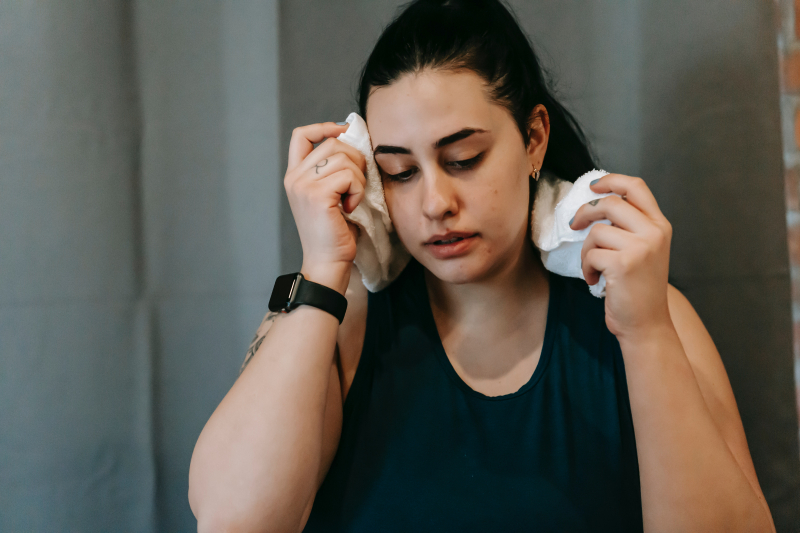
Photo by Andres Ayrton via Pexels -
One of the major challenges to the economy of an endemic country, malaria continues to be one of the most important infectious illnesses in the world. It is a serious public health issue linked to poverty. The symptoms of malaria can be mistaken for the flu, including fever, myalgia, arthralgia, and symptoms including exhaustion, lack of well-being, abdominal pain, and headache. Malaria has a number of side effects, but it seems to particularly affect the skeletal muscular system, resulting in symptoms including muscle or joint pains. The parasite blockage of coronary arteries is another effect of malaria.
Some potential biomarkers of the level of skeletal and cardiac muscle injury include sequestration of red blood cells, elevated serum creatine kinase levels, and decreased muscle content of vital contractile proteins. These biomarkers may be helpful in predicting the success of therapies intended to shield cardiac and skeletal muscles from malaria-caused damage as well as in the prevention of sequelae.

Photo by Victor Freitas via Pexels 
Photo by Scott Webb via Pexels -
Adults' nausea and vomiting often last one or two days and are not a symptom of anything dangerous. Vomiting is the body's method of removing dangerous items from the stomach, yet it can also be a reaction to something that has irritated the digestive tract.
The most serious signs of malaria infection include epigastric discomfort, vomiting, and other gastrointestinal issues since they raise the risk that the disease is serious. Malaria can quickly develop into a serious and fatal condition. When you feel extremely ill or are concerned about your vomiting, trust your gut and call your doctor. Vomiting can occasionally be an indication of something more serious, such as appendicitis.
You should avoid fruit juice or other sugary beverages if they make you feel queasy. Ginger may also help to stop your nausea and vomiting. This can be obtained as supplements or found in ginger tea and biscuits.
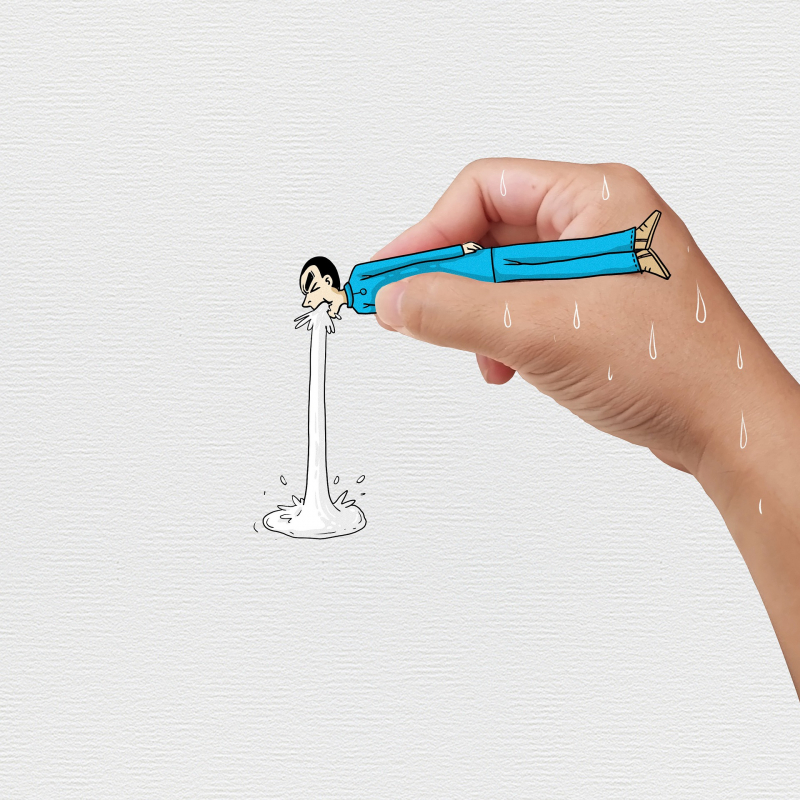
Photo by 愚木混株 Cdd20 via Pixabay 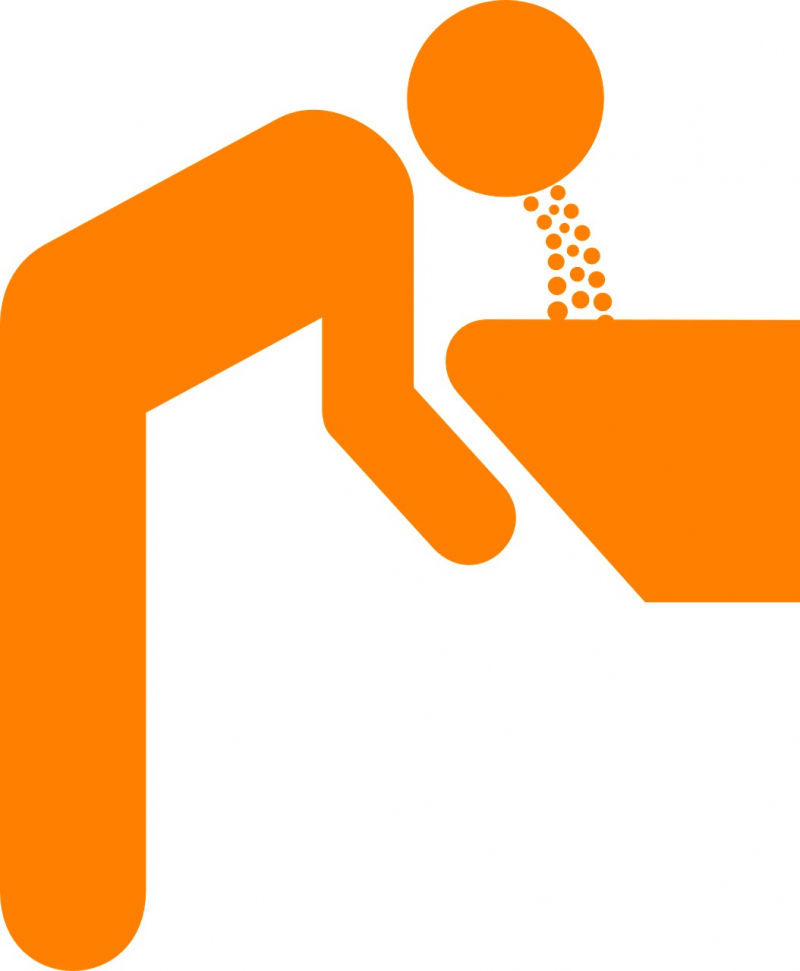
Photo by Clker-Free-Vector-Images via Pixabay -
Many people experience the phenomenon of getting chills, but they are confused by it since they do not know what causes it or how to deal with it. As a result, many patients receive inadequate care, which worsens the disease and puts them at risk for serious complications. When the body temperature is 38.5 degrees Celsius or above and accompanied by a sensation of shivering and goosebumps. Typically, as a person's body temperature rises, they should feel warm, but in this instance, the patient will experience symptoms like chills.
Malaria sufferers should lie down at a comfortable temperature and dress in loose clothing to help reduce their body temperature. Do not ignore a sick person's shivering and cover them with blankets or put them in sweaters; doing so could dangerously raise their body temperature.
Photo by OpenClipart-Vectors via Pixabay 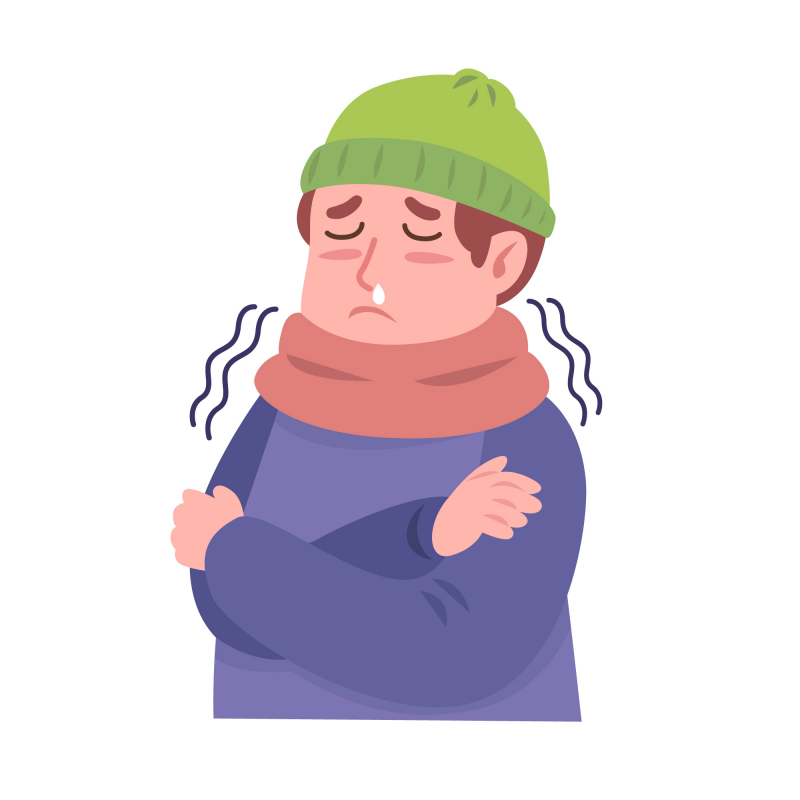
Photo by freepik -
Along with the mentioned symptoms, malaria is followed by a vast variety of comorbidities and problems as well as fatigue. These generalized symptoms act as a warning sign from the immune system, indicating that something is happening with your body. The body of a virus-infected person starts to become unbalanced, which results in fatigue, sluggishness, and discomfort. This is regarded as a particular sign of malaria.
The symptoms of malaria are generally pretty similar to those of a cold. The body frequently feels more exhausted. If the patient exhibits any of the above main signs, it is necessary that you should make an appointment to see the doctor for an accurate diagnosis and timely care.

Photo by Concord90 via Pixabay 
Photo by Christian Erfurt via Unplash -
A lack of sleep, poor diet, anxiety, or stress can often cause a person to feel sick. However, if you always feel sick along with some symptoms listed above, you are highly experiencing malaria. When infected, you may experience stomach discomfort and fever then develop into severer symptoms.
If you want to visit or temporarily reside in a region where malaria is widespread, talk to your doctor about taking anti-malarial medicines. The medicines must be taken before, during, and after your visit. The risk of developing malaria can be significantly decreased by medication.
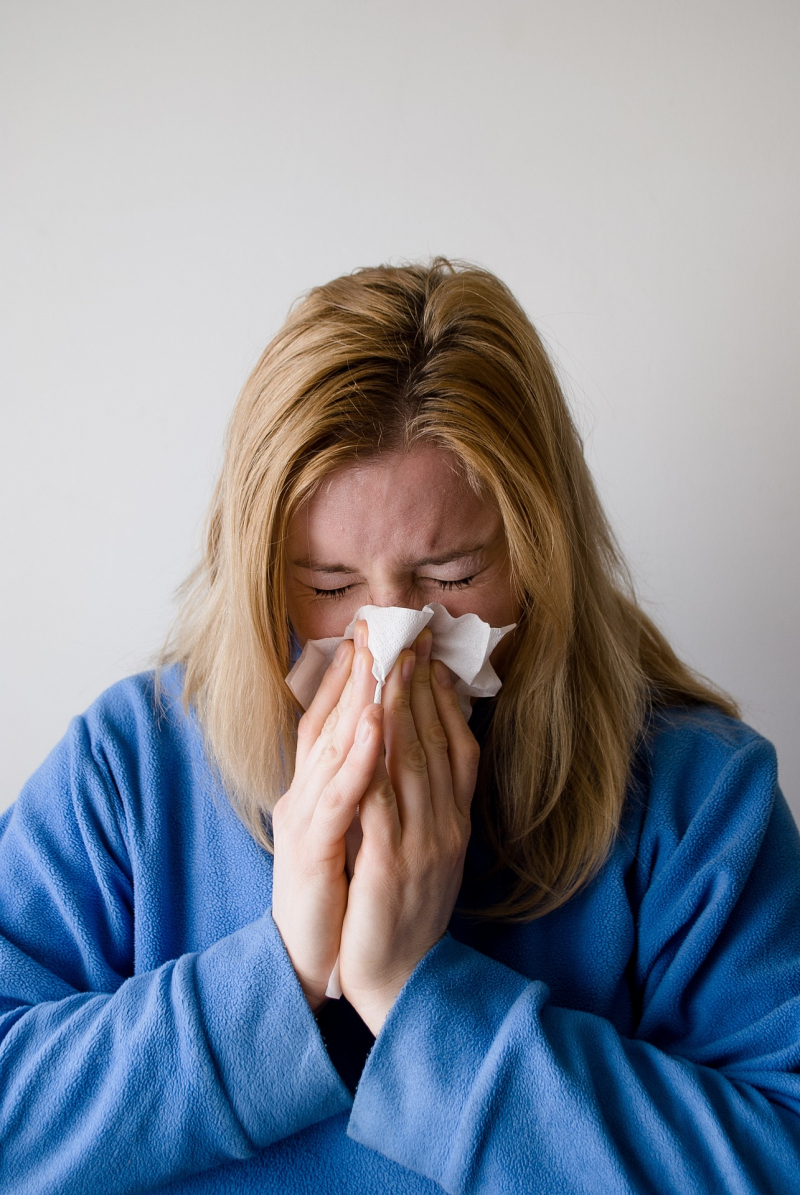
Photo by Mojca-Peter via Pixabay 
Photo by Pixabay via Pixabay











